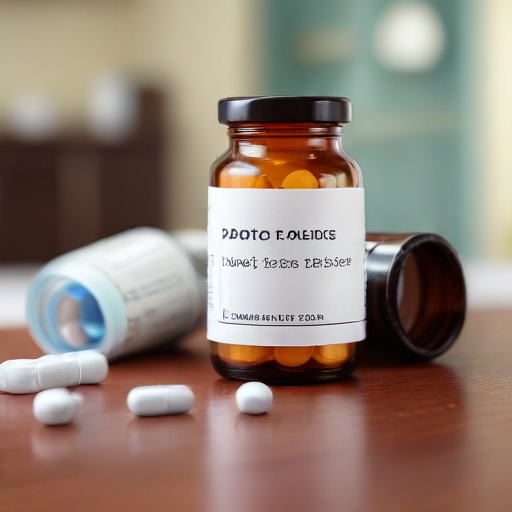A recent report by the House Committee on Oversight and Accountability has raised serious concerns about the practices of pharmacy-benefit managers (PBMs), which play a crucial role in managing prescription drug plans for health insurers. The findings of the report suggest that these third-party entities are directing patients toward more costly medications while restricting their choices in pharmacy options.
This investigation, which lasted over two and a half years, focused on the three largest PBMs in the nation: Express Scripts, OptumRx (part of UnitedHealth Group), and Caremark (owned by CVS Health). Together, these companies are responsible for managing about 80% of all prescriptions filled in the United States. The report highlights that PBMs have established preference lists that favor more expensive brand-name medications, often at the expense of cheaper, generic alternatives. For instance, communications from Cigna indicated a discouragement of using lower-cost options for Humira, an arthritis medication priced around $90,000 annually, even though a biosimilar was available at half the price.
Additionally, the investigation uncovered practices where PBMs directed patients to obtain prescriptions through their affiliated mail-order pharmacies, suggesting that filling prescriptions at local pharmacies would incur higher costs. This not only limits patients’ pharmacy choices but also raises concerns regarding the overall transparency and fairness of the prescription drug market.
Compounding these issues, the U.S. Federal Trade Commission (FTC) released a similar report stating that the top six PBMs currently manage nearly 95% of prescriptions in the U.S., leading to a concentration of power that may disadvantage unaffiliated pharmacies and inflate drug prices. FTC Chair Lina M. Khan pointed out that these middlemen are contributing to increased costs for cancer medications, resulting in added revenue exceeding $1 billion.
In light of these findings, there is hope on the horizon for potential reforms. Increased scrutiny of PBM practices could foster competitive pricing and enhance patient access to affordable medications. Stakeholders are encouraged to advocate for legislation that enhances transparency and ensures fair competition within the healthcare system. As discussions continue, improvements in drug pricing and accessibility may become a reality, leading to better healthcare outcomes for patients across the country.
